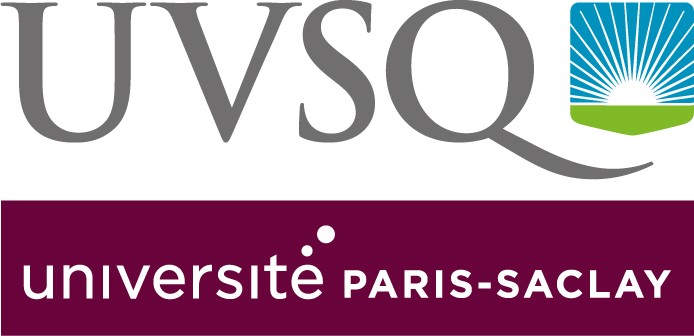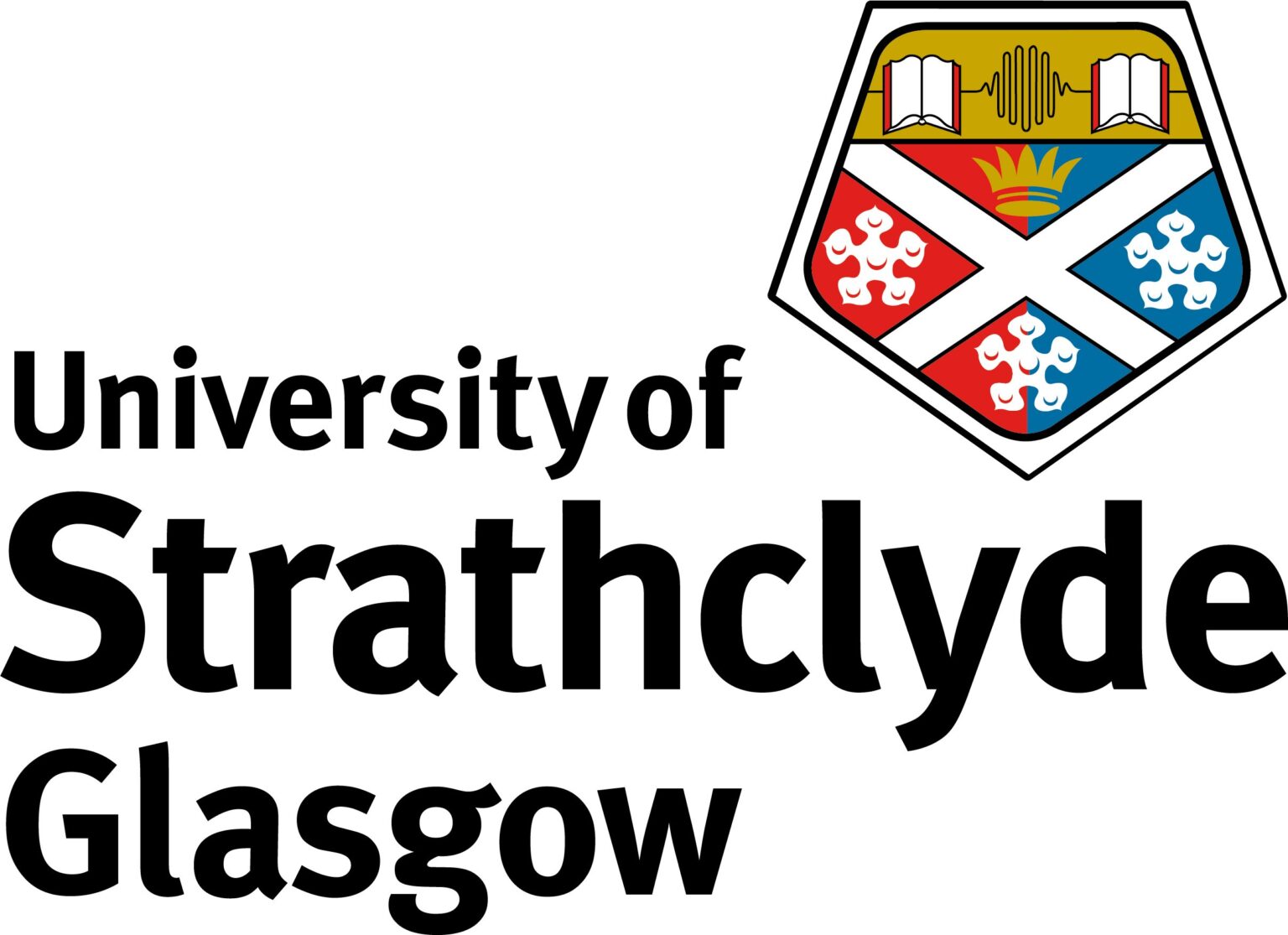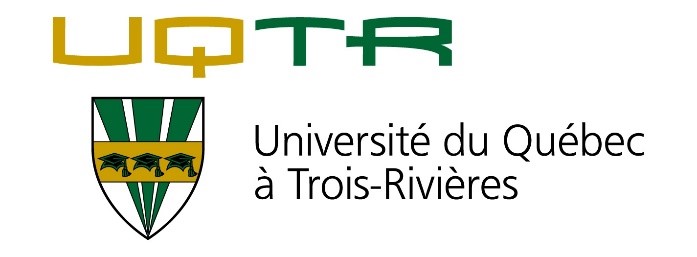Northern Ireland - Information on Country Independent Police Complaints Bodies
The Office of the Police Ombudsman of Northern Ireland
The Office of the Police Ombudsman of Northern Ireland (OPONI) was established on the 6th November 2000 under the Police (Northern Ireland) Act 1998. It investigates all complaints regarding the police in Northern Ireland. Previously, complaints had been investigated internally by the police under the oversight of the Police Complaints Board for Northern Ireland (PCBNI). The PCBNI was heavily criticised, in both academic work and government reports, with the Hayes Report ultimately providing the impetus for change to the new Ombudsman model.
While pre-dating the Good Friday Agreement 1998, PONI must be situated in the historical context of the Northern Irish ‘Troubles’ and the subsequent peace process to be understood. Northern Ireland, established in 1921, was and, albeit to a lesser degree, remains divided along sectarian lines between the Protestant/Unionist/Loyalist and the minority Catholic/Nationalist/Republican communities. The original police force, the Royal Ulster Constabulary (RUC), was overwhelmingly Protestant (eg 93% in the late 1980s). Their composition and uneven application of the law led the Catholic community to view the RUC as partisan (Ryder; Hayes). Specifically, the ineffective systems of police accountability, were noted as damaging community-relations in three independent reports, leading to a number of attempted reforms (Hunt; Bennett; Hayes). Accusations of collusion by RUC officers with loyalist terrorist groups, including in relation a number of murders have been upheld by independent reviews (Stevens; Corey; OPONI 2022). The RUC were also criticised in relation to their handling of complaints of death threats towards the human rights lawyer Rosemary Nelson, who was murdered by loyalist terrorists (O’Rawe & Moore). The RUC were, and the PSNI remain, targets of Republican terrorist groups, who have murdered 321 serving and former Northern Irish police officers since 1969, most recently in 2011 (Sutton).
Policing was a major issue in the peace process leading to the Good Friday Agreement, which committed to ‘give the policing of Northern Ireland to the people of Northern Ireland’ (Patten). This led to the Independent Commission on the Future of Policing whose report paved the way for the creation of the Police Service of Northern Ireland (PSNI), replacing the RUC. Because of the centrality of police accountability to the peace process, the PSNI is, on paper at least, one the most accountable police forces in the world, with a particular emphasis on human rights. Adherence to human rights is, for example, an element of the PSNI’s Code of Ethics, which is a discipline as well as ethical code. OPONI also reflects the prioritisation of accountable policing. It was the ‘first fully funded and completely independent police complaints organisation in the world’ (Angolini para.19.46) and is sometimes held up in the literature as the ‘gold standard’ of an independent, powerful and well-resourced police complaints body (Senevirate 2004; Hopkins 2009).
OPONI includes some impressive innovations, which aimed to restore trust in the police and police oversight institutions, including strong powers in relation to oversight of human rights. It, alone in the UK, conducts all investigations into police complaints. A complaint may be lodged if a person was directly involved in the incident or on behalf of a person directly involved in the incident. Complaints may be lodged with the police directly, who must then pass the complaint directly to OPONI. Complaints must relate to the on-duty behaviour of the police. OPONI may also instigate an investigation itself. The Ombudsman may also review current police policies and policies. OPONI has strong investigative powers, being able to search premises, including police stations, and seize relevant documents. It can currently only compel serving police officers to cooperate with investigations. It has a Historical Investigations Directorate, which examines complaints against the RUC during the Troubles (1969-1998).
The main police force in Northern Ireland is the PSNI, alongside some specialist forces (e.g. Belfast Harbour Police; Larne Harbour Police; the Ministry of Defence Police). The main oversight body is the Policing Board of Northern Ireland, which, broadly, ensures efficient and effective policing, sets the three-year Policing Plan and monitors the PSNI’s performance against the Plan and investigates complaints against senior officers. The PSNI is also subject to annual inspection by HMICRFS and is subject to oversight by the Criminal Justice Inspection NI.
Since their inception OPONI have regularly published data on complaints, complainant satisfaction, police officer satisfaction and public awareness. Some of the key statistics are set out below. Some key data is provided below. The full set of statistics are available on their website.
References:
- Angolini, E. (2020). ‘Independent Review of Complaints Handling, Investigations and Misconduct Issues in Relation to Policing: Final Report’.
- Hayes, M, 'A police ombudsman for Northern Ireland?' (NIO, Belfast 1997).
- Hunt, J. (1969), ‘Report of the Advisory Committee on Police in Northern Ireland’ (HMSO, Cmd 535).
- Bennett, H.G., (1979), Report of the Committee of Inquiry into Police Interrogation Procedures in Northern Ireland (HMSO, Cmnd. 7497).
- Cory (2003-04) 'The Cory Collusion Inquiry: Lord Justice Gibson and Lady Gibson; Chief Superintendent Breen and Superintendent Buchanan; Billy Wright; Patrick Finucane; Rosemary Nelson and Robert Hamill' (HMSO, London).
- O’Rawe, M. & Moore, L. (2000). ‘Accountability and Police Complaints in Northern Ireland: Leaving the Past Behind?’ in Goldsmith, A. & Lewis, C. Civilian Oversight of Policing: Governance, Democracy and Human Rights. (Hart, Oxford).
- PONI (2022) 'Investigation into Police Handling of Loyalist Paramilitary Murders and Attempted Murders in South Belfast int eh Period 1990 – 1998 (PONI, Belfast).
- Ryder, C. (2000). The RUC 1922-2000: a force under fire (Arrow, London).
- Stevens, J. (2003), 'Stevens Enquiry: overview and recommendations' (Stevens Enquiry, Belfast).
- Sutton ‘An Index of Deaths from the Conflict in Ireland’ (CAIN website; <https://cain.ulster.ac.uk/sutton/tables/Status.html> accessed 2 November 2023).
Key data
1. Total number of complaints 2000 – 2022/23.

Source: PONI annual complaints data:
https://www.policeombudsman.org/Statistics-and-Research.
*1,905 additional complaints were received in 2000/01 by the RUC/PSNI
before PONI opened.
2. Total number of allegations 2000 – 2022

Source: PONI annual complaints data:
https://www.policeombudsman.org/Statistics-and-Research.
A complaint is made up of one or more allegations, usually
more than one.
3. Source of Complaints

Source: PONI annual complaints data:
https://www.policeombudsman.org/Statistics-and-Research.
4. Allegations by type 2021/22

Source: PONI annual complaints data:
https://www.policeombudsman.org/Statistics-and-Research.

Source: PONI annual complaints data:
https://www.policeombudsman.org/Statistics-and-Research
.












